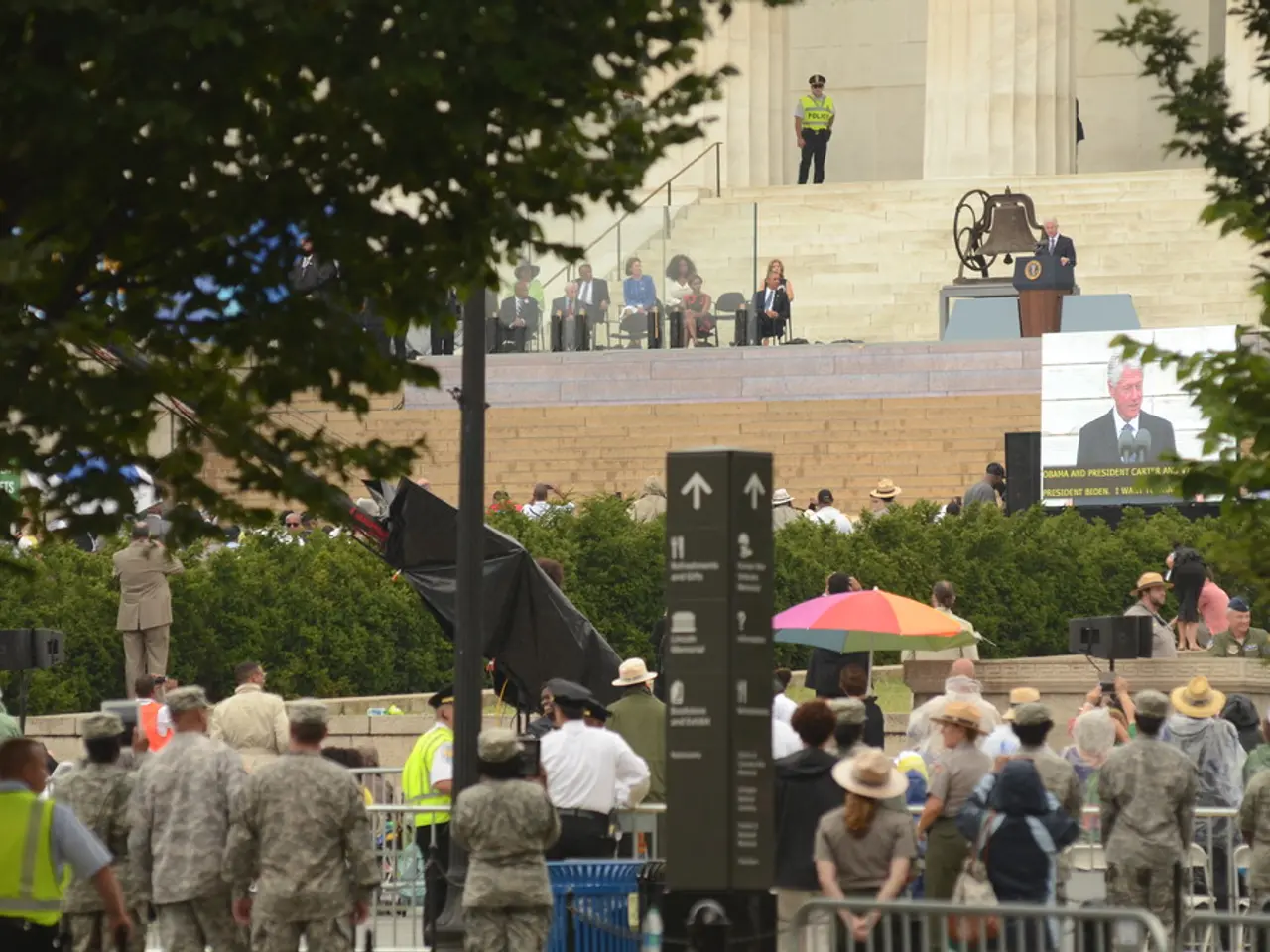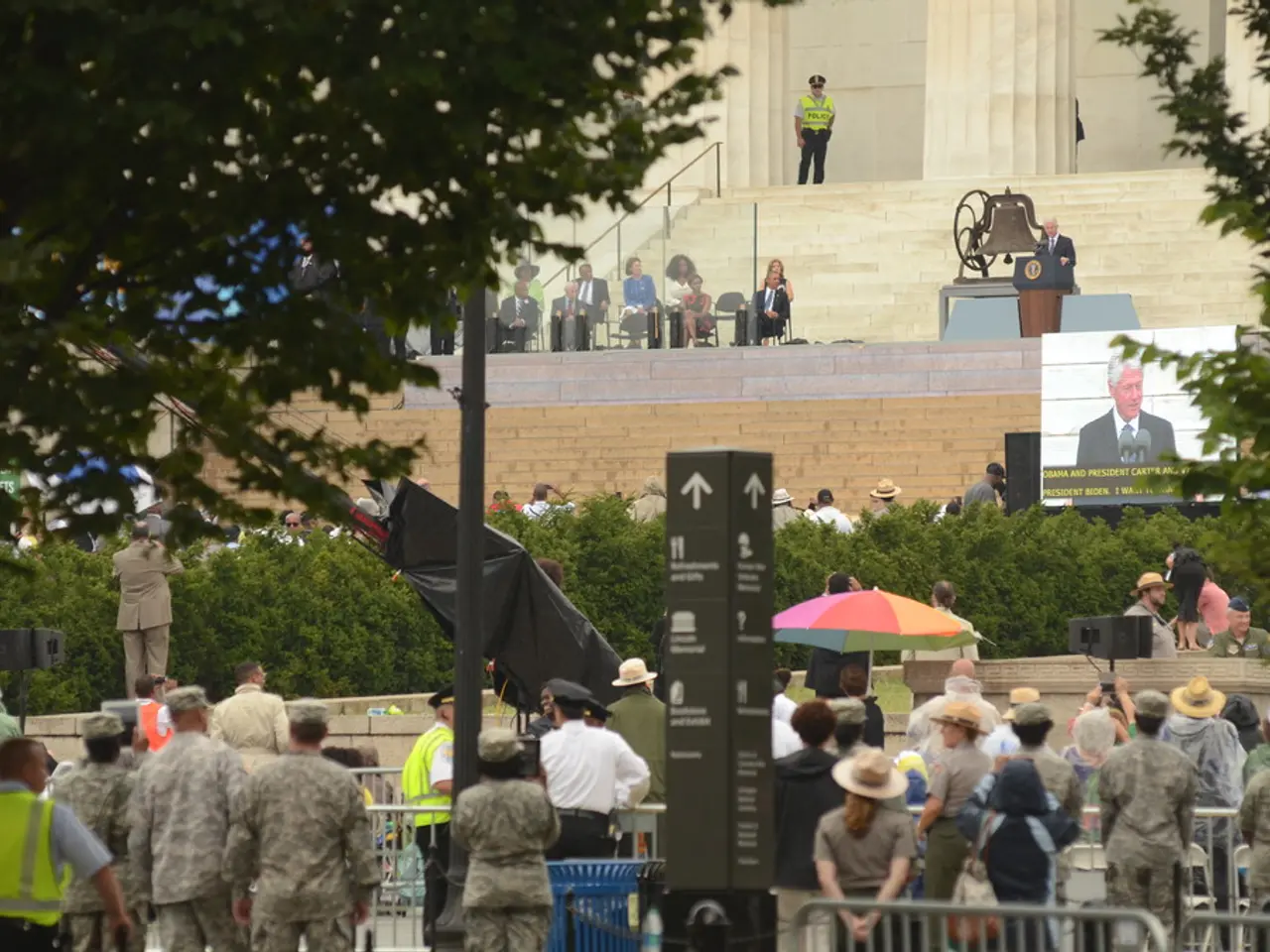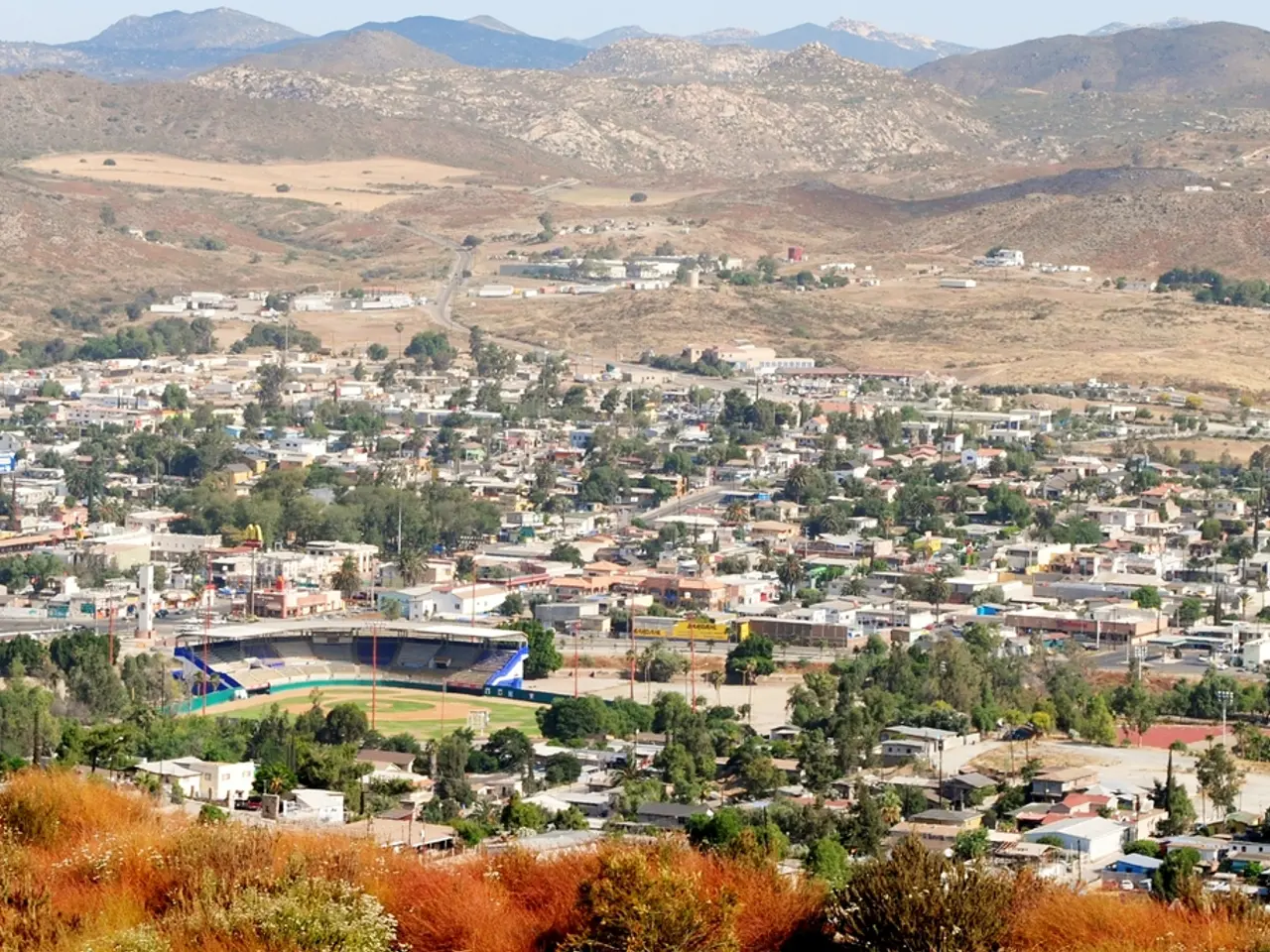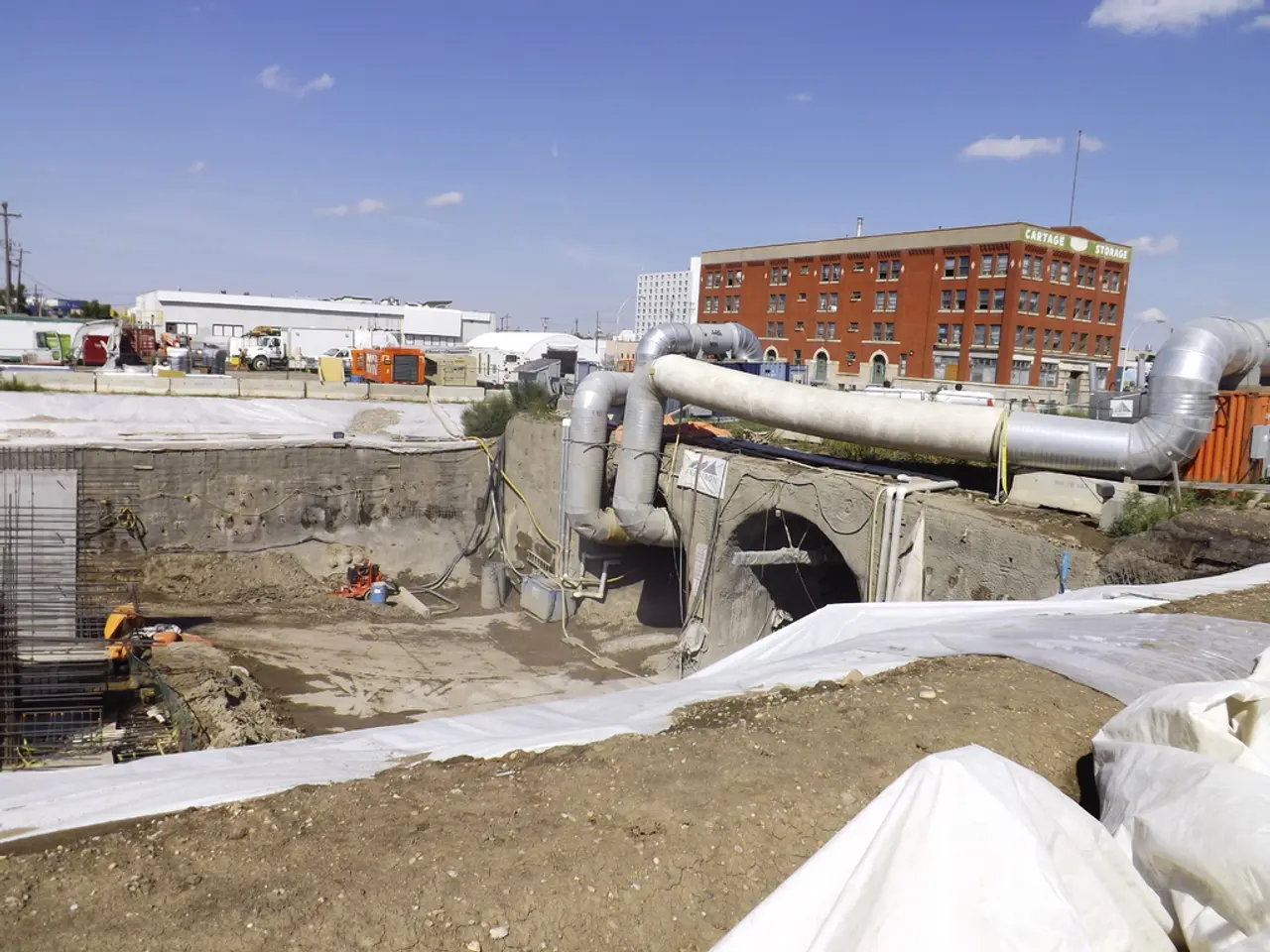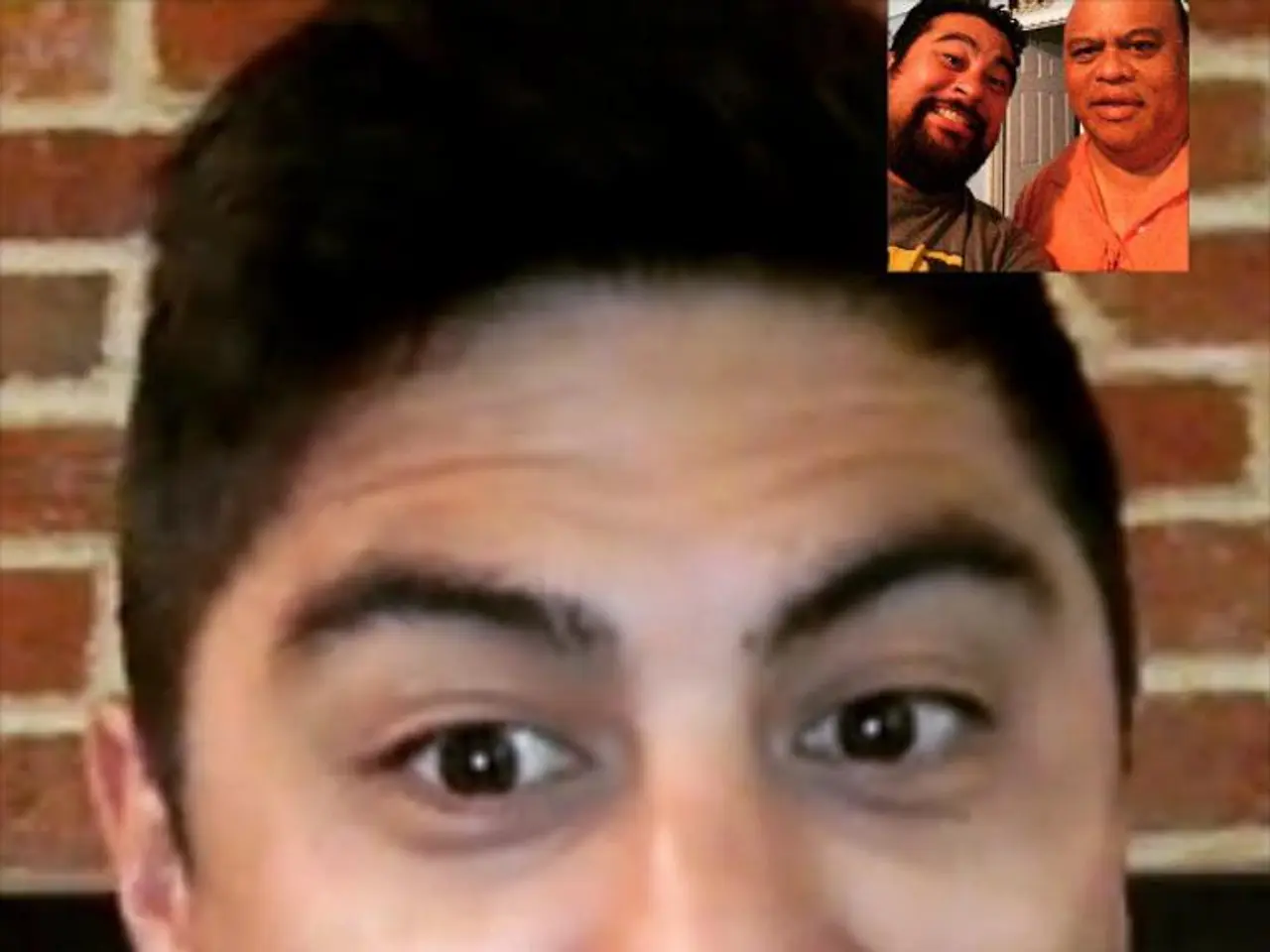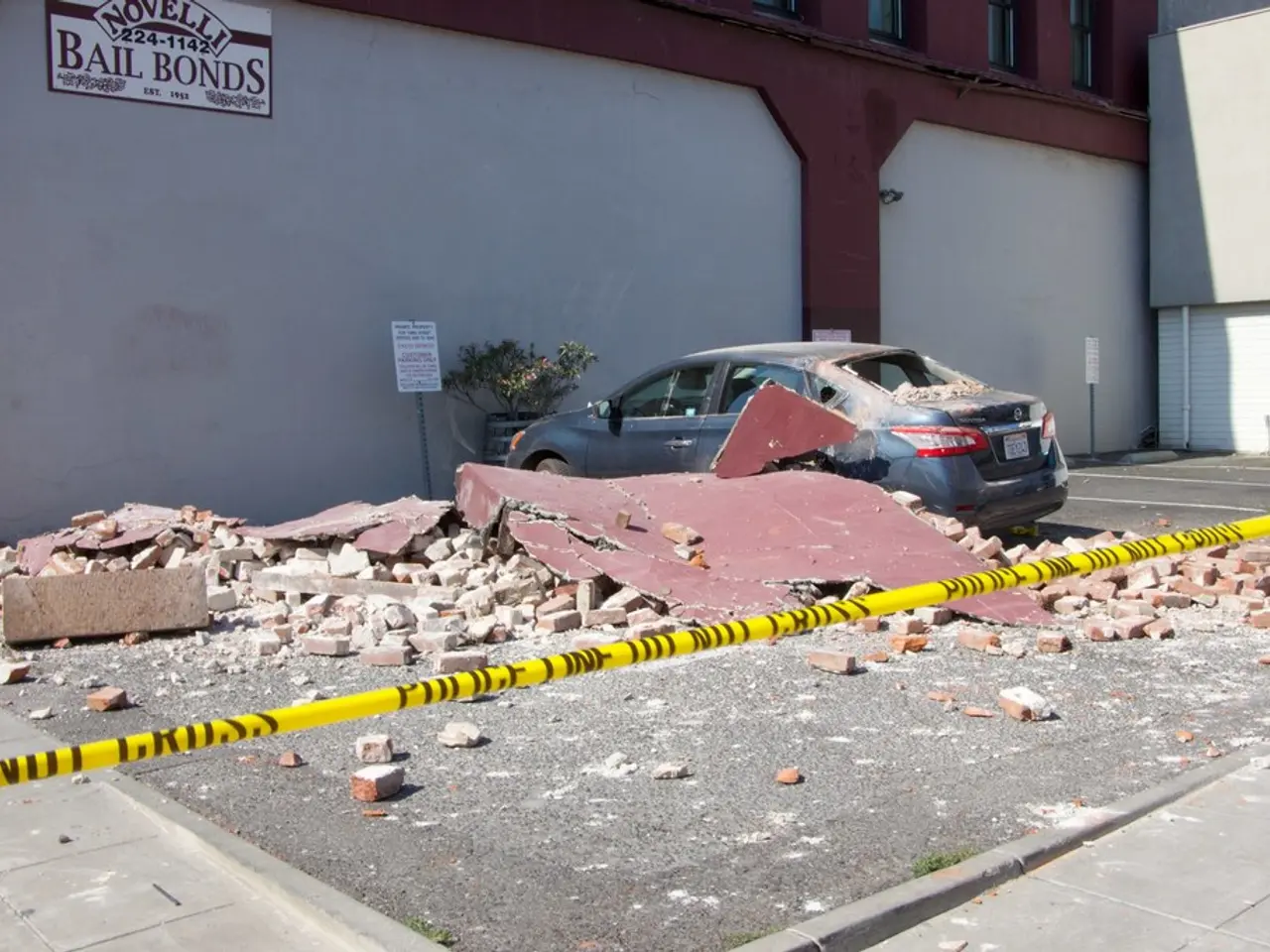Iran's legislative body prepares to endorse a decision for a complete and continuous exit from the Nuclear Non-Proliferation Treaty within a 24-hour timeframe.
The diplomatic landscape is fraught with tension as nuclear negotiations between Iran and the E3 (France, Germany, and the UK) resumed on July 25, 2025, following the recent Iran-Israel conflict. These talks, held in Istanbul, aim to address Iran's nuclear program, including uranium enrichment limits and the potential reimposition of international sanctions lifted under the 2015 JCPOA agreement.
However, progress remains elusive. The E3 have warned that if no concrete progress is made by the end of August 2025, they will trigger the JCPOA’s “snapback” mechanism to reinstate UN Security Council sanctions on Iran. This mechanism, which allows for the automatic restoration of sanctions in case of deal breaches, includes prohibitions on enrichment. The E3 diplomats have offered Iran a temporary delay in snapback activation, conditional on Tehran fully cooperating with the International Atomic Energy Agency (IAEA) and addressing concerns about its growing stockpile of highly enriched uranium.
Iran, for its part, remains firm on not negotiating its ballistic missile program or defense capabilities. Iranian officials have rejected attempts to include missile limits and regional proxies in the nuclear deal scope. In response to recent US and Israeli strikes on its nuclear sites, Iran has suspended cooperation with the IAEA, complicating trust and compliance issues in the talks.
Experts and analysts express skepticism regarding the likelihood of significant breakthroughs without increased US involvement or a change in Western coercive strategies. The last talks in May 2025 also failed to produce progress, reinforcing the perception of a difficult road ahead. French officials emphasize their desire for a “more comprehensive agreement” that includes missile and regional security issues, raising the bargaining stakes for Iran.
This situation presents a fragile diplomatic environment amid heightened regional tensions following the Iran-Israel conflict. If the snapback mechanism is triggered, the parliamentarian stated that the plan for Iran to withdraw from the NPT will be adopted within 24 hours. A group of Iranian parliament members have registered a plan for Iran to withdraw from the NPT if the E3 triggers the snapback mechanism.
The conflict between Iran and Israel commenced on June 13, 2025, with Israel initiating a military operation against Iran. Tehran retaliated less than a day after the operation was launched, launching a missile strike on the largest US airbase in the Middle East, "Al-Udeid" in Qatar. The US entered the conflict a day later, attacking three Iranian nuclear sites on June 22. A ceasefire agreement was reached on June 24.
In May 2018, the US withdrew from the Joint Comprehensive Plan of Action and reimposed sanctions on Tehran. The Joint Comprehensive Plan of Action, signed in 2015, involved the lifting of sanctions in exchange for Iran limiting its nuclear program. On June 25, 2025, Iranian President Masoud Pезeшкиan signed a law to suspend cooperation with the IAEA. In response, Iran gradually reduced its commitments under the agreement, including refusing to limit nuclear research and uranium enrichment levels.
Despite the challenges, both sides have described the talks as serious, frank, and detailed, agreeing to continue discussions. However, time for progress is short, and the path forward remains uncertain.
- In light of the fraught diplomatic landscape, general news outlets have been reporting on the ongoing nuclear negotiations between Iran and the E3, with policy-and-legislation discussions centered around the potential reimposition of international sanctions lifted under the 2015 JCPOA agreement, as well as war-and-conflicts concerns following the Iran-Israel conflict.
- Politics and international relations experts have been covering the situation, expressing skepticism about the likelihood of significant breakthroughs in the nuclear talks between Iran and the E3 due to the lack of progress, the increased regional tensions, and the potential triggering of the JCPOA’s snapback mechanism, which could lead to Iran withdrawing from the NPT.
